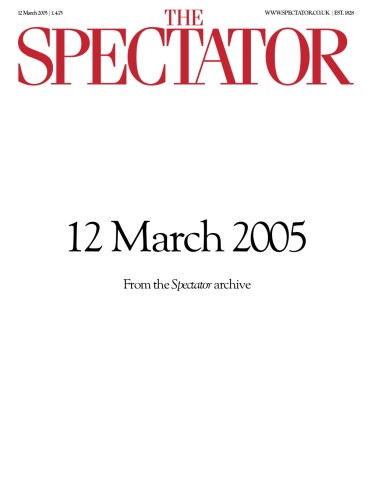A dove with a touch of hawk
Sir Samuel Brittan has long been a national institution. As economics editor of the Observer in the early 1960s and the principal economic commentator on the Financial Times from 1966 to his retirement in 1998, he wrote an influential weekly newspaper column for almost 40 years. He still contributes to the Financial Times, often to

